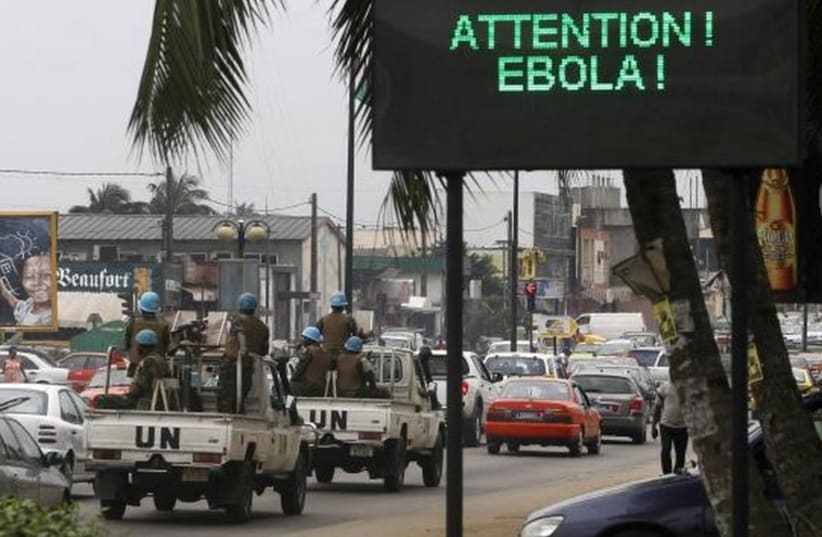UN Security Council unanimously declares Ebola outbreak 'threat to international peace'
Israel’s ambassador Ron Prosor expressed his unequivocal support for sending aid workers and funding to Guinea, Liberia and Sierra Leone, and said that Israel has already begun deploying NGO workers.
